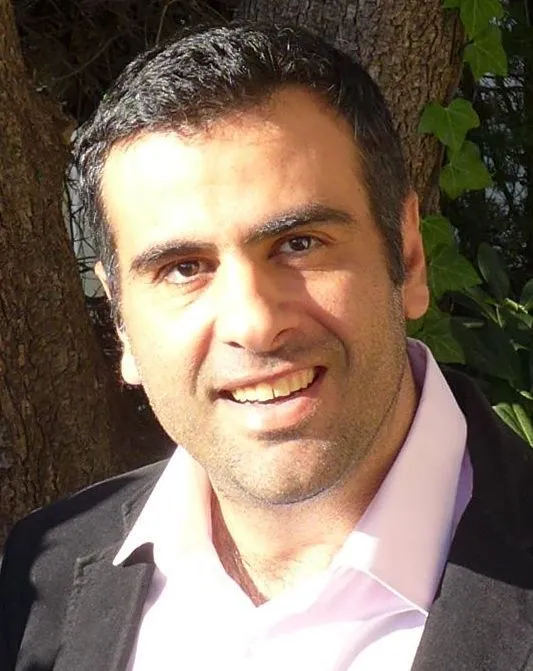Topology and Feedback: timeliness and quality (joint work with Jinyuan Chen and Syed Jafar)
Petros Elia
EURECOM, Graduate School and Research Center im Communication Systems, Sophia Antipolis, France
Abstract:
The work considers the two-user BC and IC (MISO and MIMO), and tries to concisely capture the effect of having predicted, current and delayed CSIT, as well as concisely captures the effect of the quality of CSIT offered at any time, about any channel.
The work then takes a step in exploring the interplay between topology (some links are statistically stronger than others), feedback and performance. This is done for the two user BC with random fading, in the presence of a simple two-state topological setting of statistically strong vs. weaker links, and in the presence of a practical ternary feedback setting of `alternating channel state information at the transmitter' (alternating CSIT) where for each channel realization, this CSIT can be perfect, delayed, or not available.
Biography:
Petros Elia is a Fulbright scholar who has received his Bachelor's degree from the Illinois Institute of Technology, and his Masters and Ph.D. degrees in EE from the University of Southern California (USC) in 2006. Since 2008 he is an assistant professor at EURECOM. He was also an invited researcher at the Indian Institute of Science in Bangalore.
His latest publications deal with information theoretic limits in multiuser networks with limited and delayed feedback, topological aspects in wireless networks, soft-biometrics, computer vision, and analysis of performance-complexity limits in wireless communications. For the specific topic of communicating in the presence of imperfect limited and delayed feedback, he has given different invited talks as well as tutorials at WCNC-14, NEWCOM#-14 and ICT-13. On the topic of complexity, he has offered different tutorials such as at ICASSP-14, as well as has received, together with Joakim Jalden (KTH), the Distinguished Achievement Award of Newcom++ Network of Excellence for settling a series of open problems including the well-known and long lasting open problem of establishing meaningful fundamental performance-complexity limits in general MIMO, cooperative and multi-user outage-limited communications.
He is currently interested in exploring the elusive triangle between feedback, performance and complexity, in a variaty of settings that include massive MIMO, cloud RAN, and interference-limited networks with topological characteristics.
